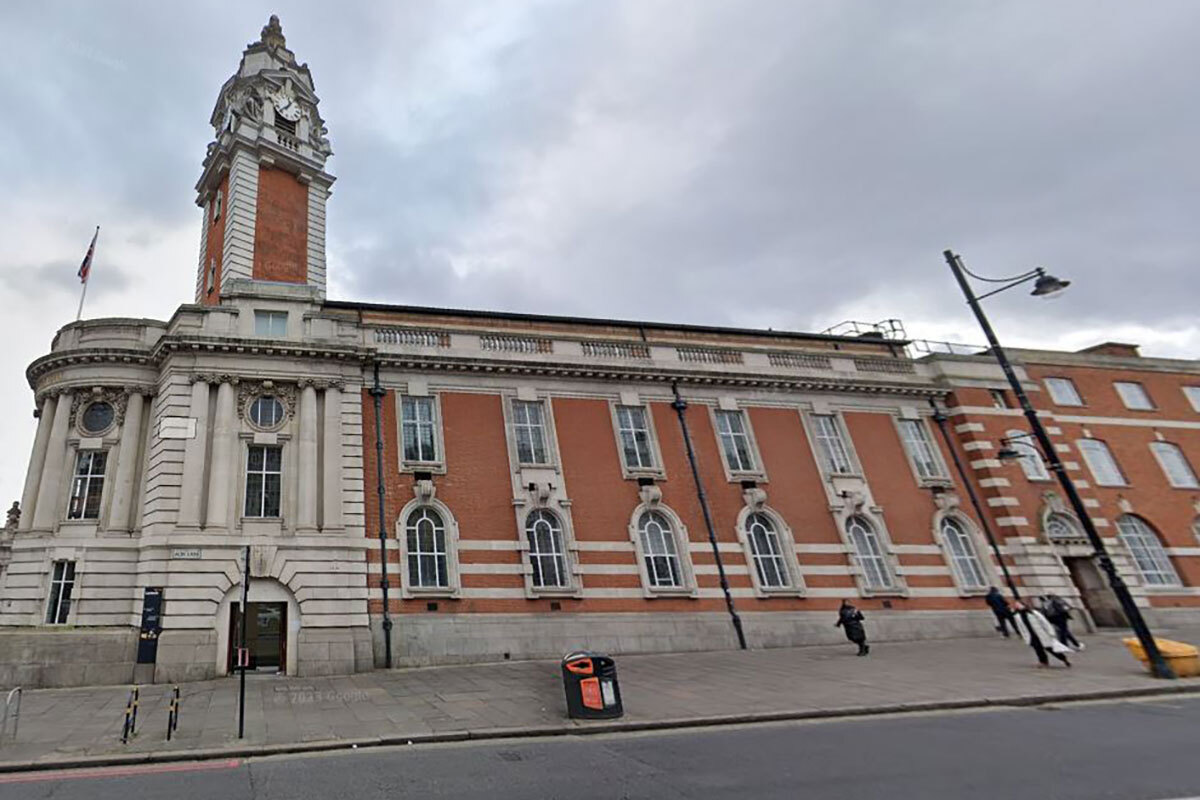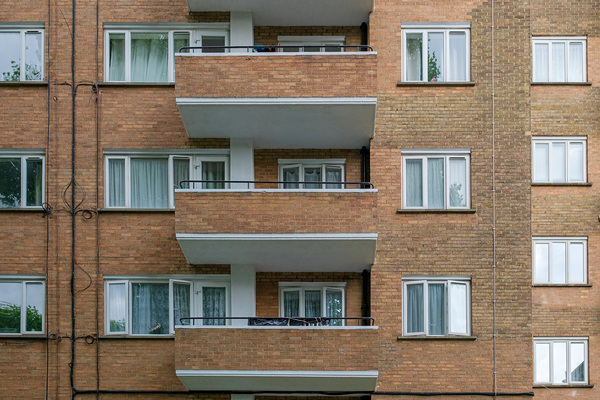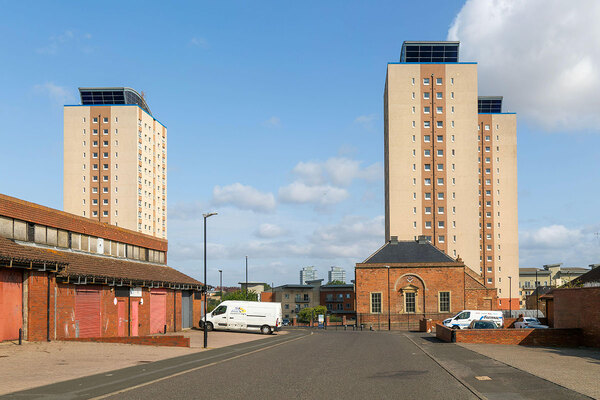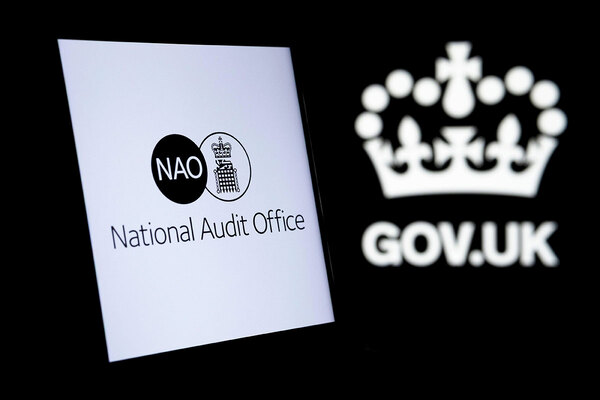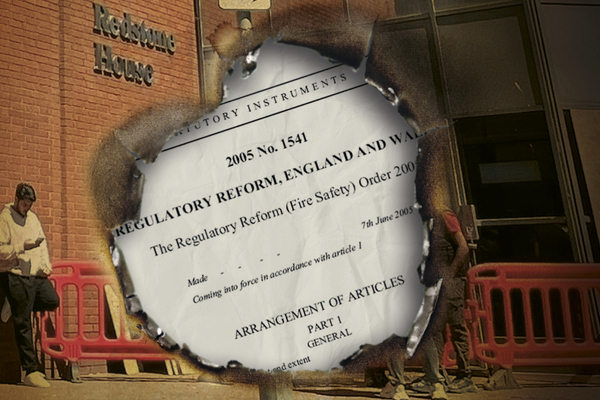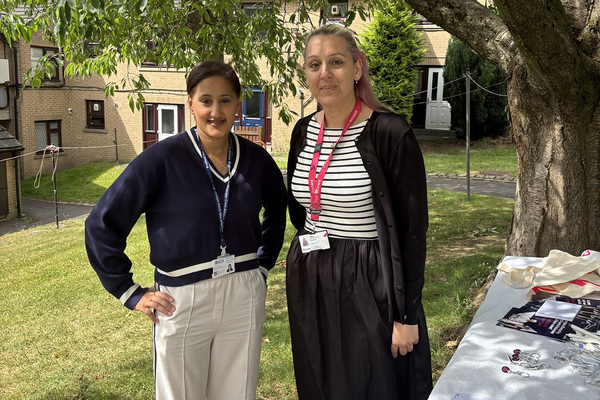You are viewing 1 of your 1 free articles
Lambeth Council claims Right to Buy applicants ‘playing for time’ as unable to complete transactions
Many Right to Buy (RTB) applicants who joined the rush to beat last November’s cut to the maximum discount are now “playing for time” because they don’t have the money to complete the transactions, according to a London council.
In a report presented to its Housing Scrutiny Sub-Committee earlier this month, Lambeth Council said that the surge in applications – which saw the number of RTB applications rise from 464 in 2023-24 to 1,712 in 2024-25 – had led to processing backlogs.
Last year’s Autumn Budget saw the government slash the maximum RTB discount from £136,400 to £16,000 in most of London, and from £102,400 to between £16,000 and £38,000 in the rest of England.
The change took effect on 21 November last year, just three weeks after the Autumn Budget announcement. Applications only had to be submitted by this date to qualify for the old, more generous discount, with processing of applications and completion of sales able to take place later on.
Of the 1,712 RTB applications received by Lambeth Council in 2024-25, 1,196 applications were received in this three-week window – more than four times the average number of annual applications.
The Lambeth Council report, which was “authorised” by Danny Adilypour, cabinet member for housing, and Fiona Connolly, corporate director for housing and adult social care, said that having submitted their application by the deadline, “tenants have several levers at their disposal to extend the timeline for the application, to keep the prospect of a larger discount alive for longer”.
“For example, they are not actively chasing the team for updates or serving delay notices,” the report said. “Applicants are asking the team to arrange face-to-face appointments in a few months’ time and requesting that our valuers put them to the back of the queue.
“Additionally, if they disagree with the council’s valuation they can request an independent valuation by the district valuer. Referral to the district valuer adds many months (currently anywhere from three to eight months to receive the redetermination report) to the timeline due to the current lead times caused by the significant increase in demand triggered by this change.
“Similarly, once in conveyancing there are many possible sources of delay as securing mortgages, and legal due diligence and documents are completed. Ultimately, residents who may wish to keep their pre-November application, and the prospect of larger discounts alive, are able to delay the process if they choose.”
The report said the deadline may have triggered speculative applications. “As tenants would have been aware that this was likely to be the last opportunity to secure big discounts, the scheme closing would have motivated many people who are currently unable to afford to buy the home today to apply more speculatively, in the hope that a solution to acquiring the property becomes available before the application process completes.”
Lambeth isn’t the only council to experience such tactics. “The team is getting an increasing number of requests for flexibility on deadlines from applicants and their solicitors,” Aydin Dikerdem, Wandsworth Council’s cabinet member for housing, told Inside Housing.
“The deadlines and timescales are made very explicit to applicants at the start of the process (and most of these are statutory anyway) and we push back on almost all of these requests – unless there is a very exceptional reason which is evidenced and would be unreasonable to reject.
“When requests are quite rightly rejected, applicants lodge complaints which impacts further upon resources. Given the scale of applications received, I agree with Lambeth’s point about shared resources being stretched across London."
Lambeth suggested that while this may reduce the proportion of applications that result in a sale from the current 14%, there were also scenarios in which the success rate could rise.
The report states: “There is an increased likelihood of tenants looking for creative solutions and/or asking for financial support across their networks, family, and friends to help them to purchase their home, as a final attempt to secure the larger £136,000 discount.
“Some mortgage providers are treating the RTB discount as deposit or offering loans up to 100% of the discounted price, allowing applicants to borrow the full RTB purchase price.”
Since the deadline, around 260 new RTB applications have been received by the council, with some of these applicants claiming they should have been accepted before the deadline and therefore qualify for the larger discount.
“These cases are being fully investigated and only accepted when supporting documents can prove submission before 21 November 2024,” the report said.
The council expects to clear the backlog of registered RTB applications by the end of December, although this just involves verifying and admitting eligible applicants rather than completing sales.
As of 1 September, 549 out of the 1,062 live RTB applications were still at the registered stage, with 313 applications admitted but not yet the subject of a formal Section 125 offer to sell. The other 200 live applications had reached or passed the point of a Section 125 offer.
Of the 1,767 RTB applications received since the start of 2024-25, 661 have since been either withdrawn, denied as ineligible or cancelled due to the expiration of notices.
Last month, a survey by the Local Government Association, the County Councils Network and the District Councils Network found that among the 73 stock-holding authorities in England that responded, on average 527 RTB applications were received by each council in 2024-25, with two-thirds of them coming in the three weeks between the Autumn Budget and the November deadline.
Lambeth Council responded to specific questions from Inside Housing but chose not to provide a statement.
Sign up for our Council Focus newsletter
Already have an account? Click here to manage your newsletters
Latest stories
